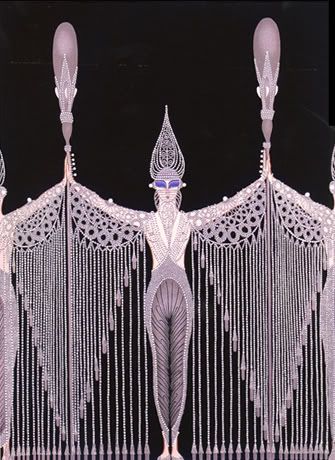the marquis and me - 6

All of this sounds like hearty progressivist stuff, thoroughly acceptable to a modern secularist, but Sade, at this point, doesn’t elaborate on these ethics. We get an inkling further on, when one of Sade’s favourite terms, capitalized Nature, is invoked. Naturally, in terms of Nature, or nature for that matter, Sade is no David Attenborough, and he even asserts that it’s ‘far less essential to inquire into the workings of nature than to enjoy her and obey her laws’. Basically, this means if it feels good do it, for it must be natural.
In the section on Manners, Sade is more explicit, asserting that ‘there are very few criminal actions in a society whose foundations are liberty and equality’. First, with the abolition of all deities, religious crimes – far more numerous and more ‘offensive’ in the seventeenth century – become obsolete. Sade can’t help another dig or two here at believers, and he anticipates Dawkins et al, recommending that the religious be mocked rather than criticized, as a surer way of depriving them of the oxygen that gives them life and power. However, in the same paragraph he recommends proscribing all religion, and we know that trick never works. Consistency isn’t of great concern to Sade, I think [he would say it’s against Nature]. He’s passionately anti-religion, and he’ll grab any weapon at hand to fight it, regardless of effectiveness.
Unimpressed with the ‘love thy neighbor as thyself’ principle, Sade argues for pragmatism. We can love others as brethren or friends depending on how we find them. Interestingly, what he’s pleading here is a case for diversity:
…let us do without blaming, and above all without punishing, those who, of chillier temper or more acrimonious humour, do not notice in these yet very touching social ties all the sweetness and gentleness others discover therein; for, it will be agreed, to seek to impose universal laws would be a palpable absurdity….
He advocates a flexible legal system [the principle of precedent would hardly be congenial to him] in which those incapable of bending to the law’ would be treated very differently from the more malleable. The problems here are evident. Our crime and punishment system moves in the opposite direction – the habitual, irredeemable offender will be treated ever more harshly, on the solid enough ground that the public must be protected. Sade, implicitly here and more flagrantly elsewhere, disdains the concept of victimhood.
Sade is opposed to capital punishment [he’d been witness to a glut of guillotining during the reign of terror], on the distinctive ground that, though we’re justified in murdering each other out of ‘natural’ passion, the sort he assumed to pertain in the animal kingdom, the law, having no relation to nature, has no ‘passionate’ justification for execution. Basically his argument against capital punishment is an extension of his argument against anything interposing itself between humans and their ‘natural inclinations’.
Reducing all crimes to four types – calumny, theft, impurity and murder – Sade proceeds to defend each one, directing legislators and authorities to encourage and reward them.
Labels: philosophy


0 Comments:
Post a Comment
Subscribe to Post Comments [Atom]
<< Home